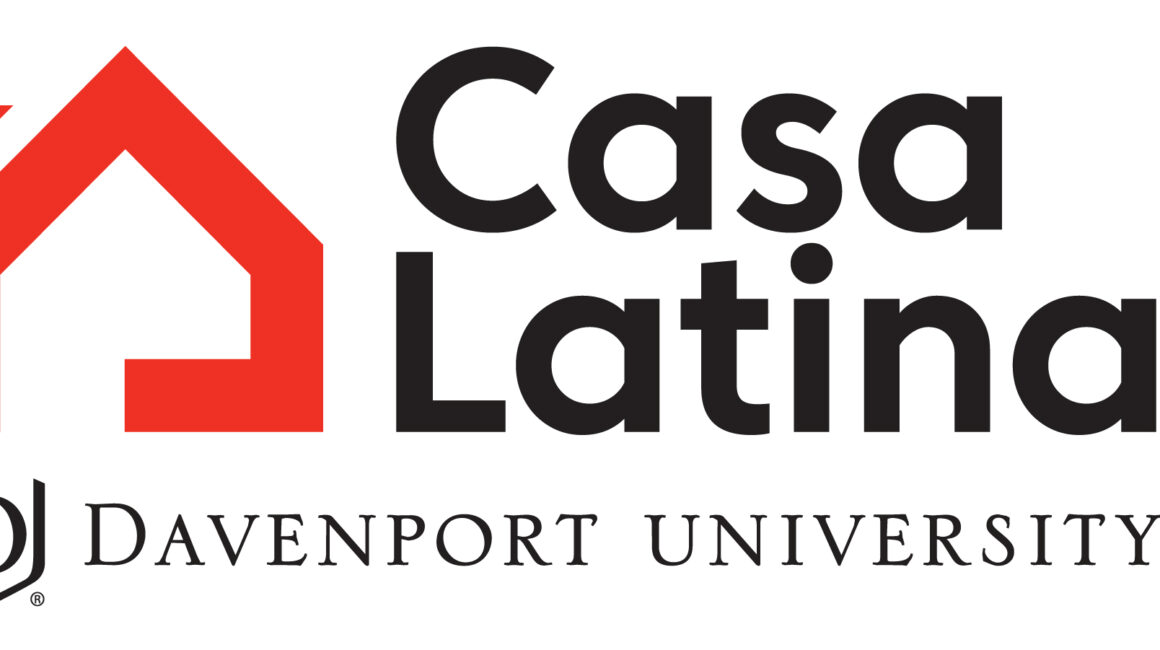
Preparing students for careers in primary care nursing
Helping people manage health conditions related to Agent Orange exposure may not be an everyday occurrence for most health care professionals. However, this is just one of many specialized experiences that professionals working at a veteran’s clinic have every day. And these experiences are now helping a select group of junior- and senior-level Davenport nursing students prepare for a career in primary care nursing.
It’s all part of Davenport’s Registered Nurse Primary Care (RNPC) initiative delivered in partnership with the Veteran Affairs Community-Based Outpatient Clinic in Wyoming, Mich. Participants complete coursework while concurrently gaining clinical experience at the Veteran Affairs (VA) clinic, including a paid summer externship between their junior and senior years. Six students are currently enrolled, and the goal is to ramp that number up to 10 students per year.
The program is funded by a four-year grant from Battle Creek’s Department of Veterans Affairs. The Battle Creek VA contacted Davenport as their preferred partner based on the proven success of a previous grant-funded initiative, Davenport’s Veterans to Bachelor of Science in Nursing (VBSN) program.
“Without question, vets who come to the Wyoming clinic have specialized needs ranging from physical to mental. At the same time, the holistic and personalized approach to care that’s practiced at the clinic is equally valid and valuable for any population in any community,” says Amy Stahley, Ph.D., MSN, RN, associate dean for nursing.
“More than ever, care is being administered outside hospitals – in clinics, urgent care facilities, medical centers and other outpatient settings for ambulatory care,” she notes. “As the focus on improving health in the U.S. intensifies, population-focused primary care is an expanding arena that has powerful implications for nursing education, research and practice.”
Catalyzing change
Although many nursing schools still follow the traditional approach of primarily training students to provide acute care in hospitals, Davenport’s RNPC program is catalyzing change. The RNPC program is at the forefront of helping students become aware of the opportunities in primary care and helping them gain the unique skills they’ll need to become effective primary care nurses.
“Patients are being admitted to the hospital less often and are discharged sooner. There are a lot of sick people out there, so we need nurses who understand how to care for people out in the community,” Stahley explains. “It involves a different way of assessing patients that requires sensitivity to the individual, learning to listen closely and making associations beyond just the physical symptoms. There’s a lot of data analysis involved.”
The RNPC program includes professional “soft skills” training to help students build cultural awareness and communicate effectively with veterans. There’s even what Stahley describes as “an extra extra”: mindfulness training for stress relief.
“We’re ensuring that we follow the scope of standards for ambulatory care,” says Stahley. “And we’re also trying to develop scientific knowledge and evidence-based practice, so we can carry this forward well after the grant funds run out.”
Participants are reacting positively to the dual value of the program. It’s not only opening their eyes to what veteran care involves but is also opening their minds to the career possibilities of primary care nursing, within and well beyond the VA.
Students can apply to the RNPC program after completing an observation at the Wyoming VA clinic during their sophomore year. Scholarships are available. Learn more about RNPC by contacting dana.hill@davenport.edu. Visit the College of Health Professions for more information on Davenport’s nursing degree programs.
This project is supported by the Health Resources and Services Administration (HRSA) of the U.S. Department of Health and Human Services (HHS) under grant number UK1HP31714 and title “Nurse, Education, Practice, Quality and Retention – Registered Nurses in Primary Care” for grant amount $2,410,071, with 0% financed with nongovernmental sources. This information or content and conclusions are those of the author and should not be construed as the official position or policy of, nor should any endorsements be inferred by HRSA, HHS or the U.S. Government.



No Responses